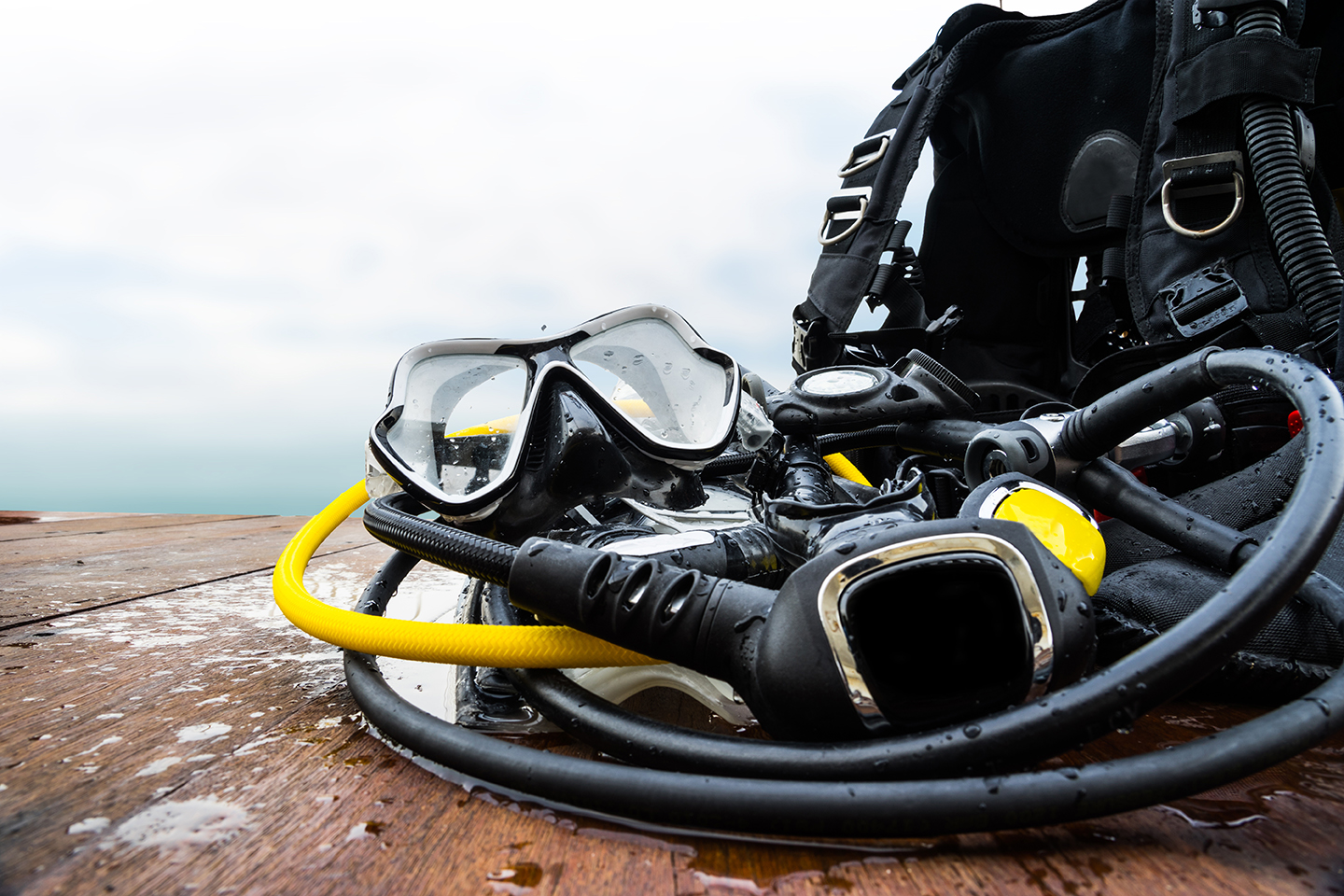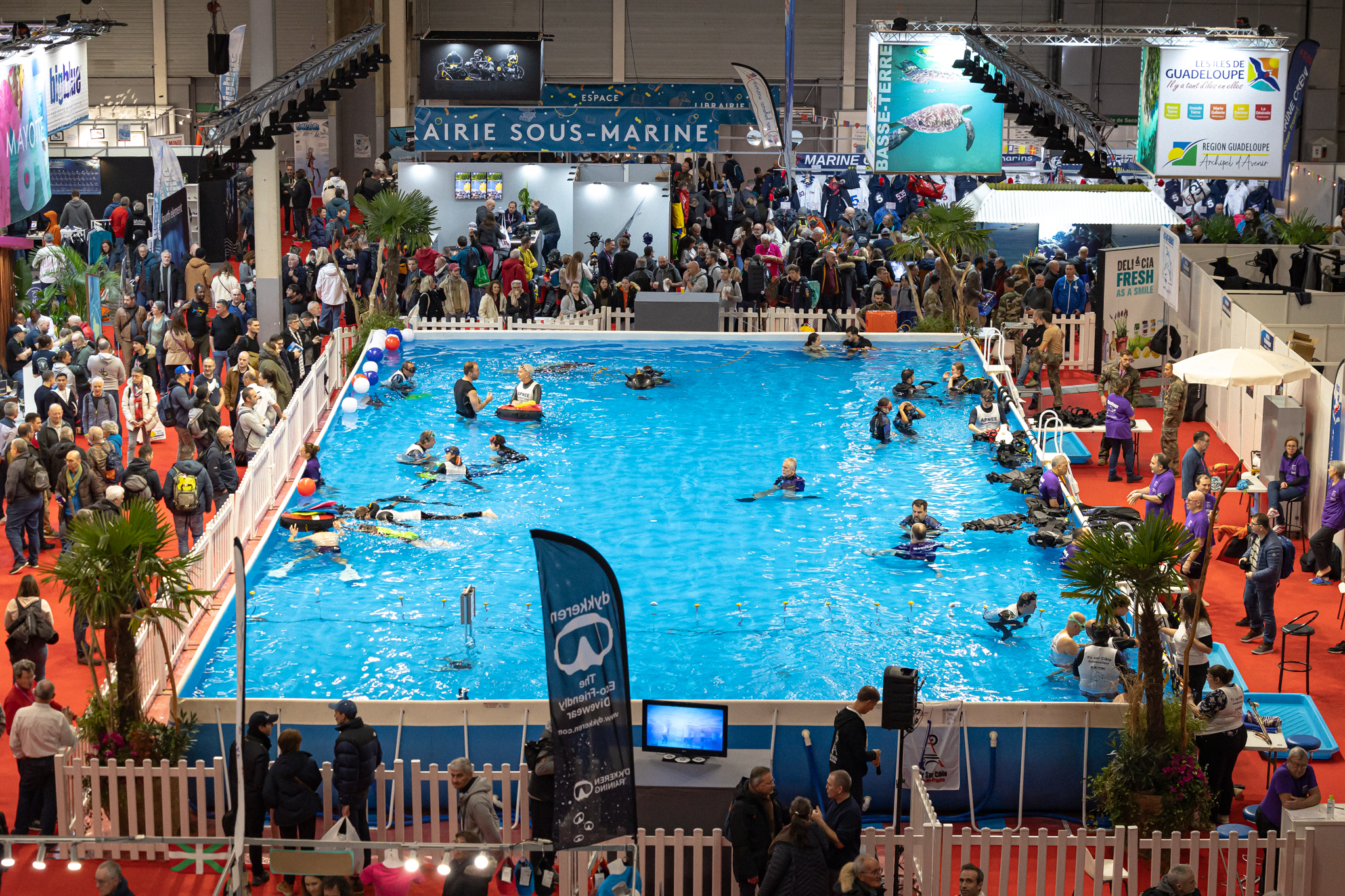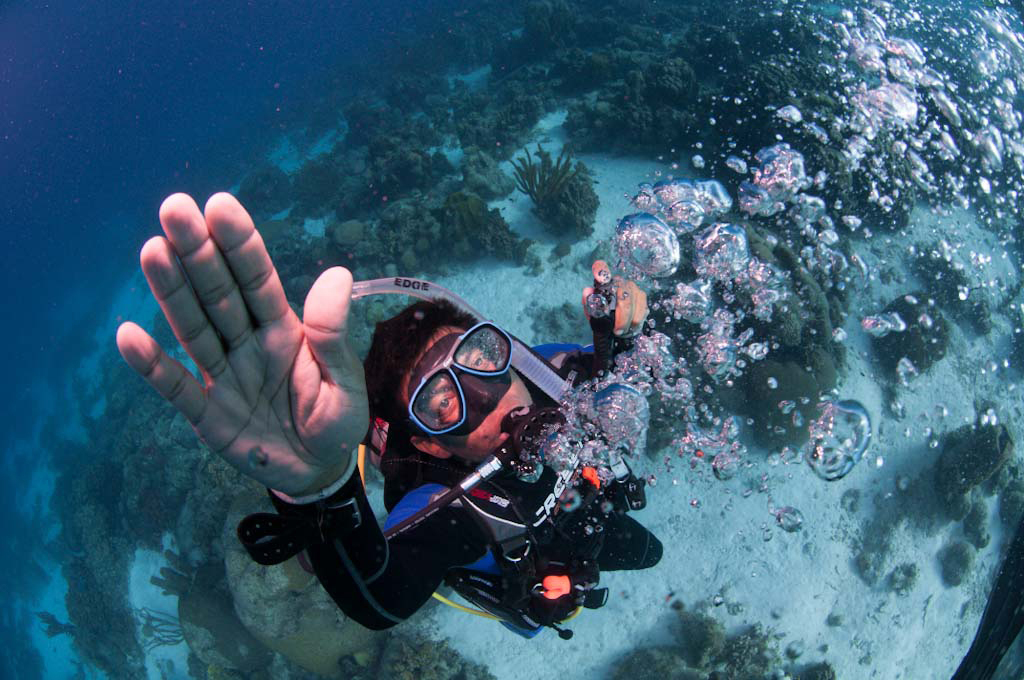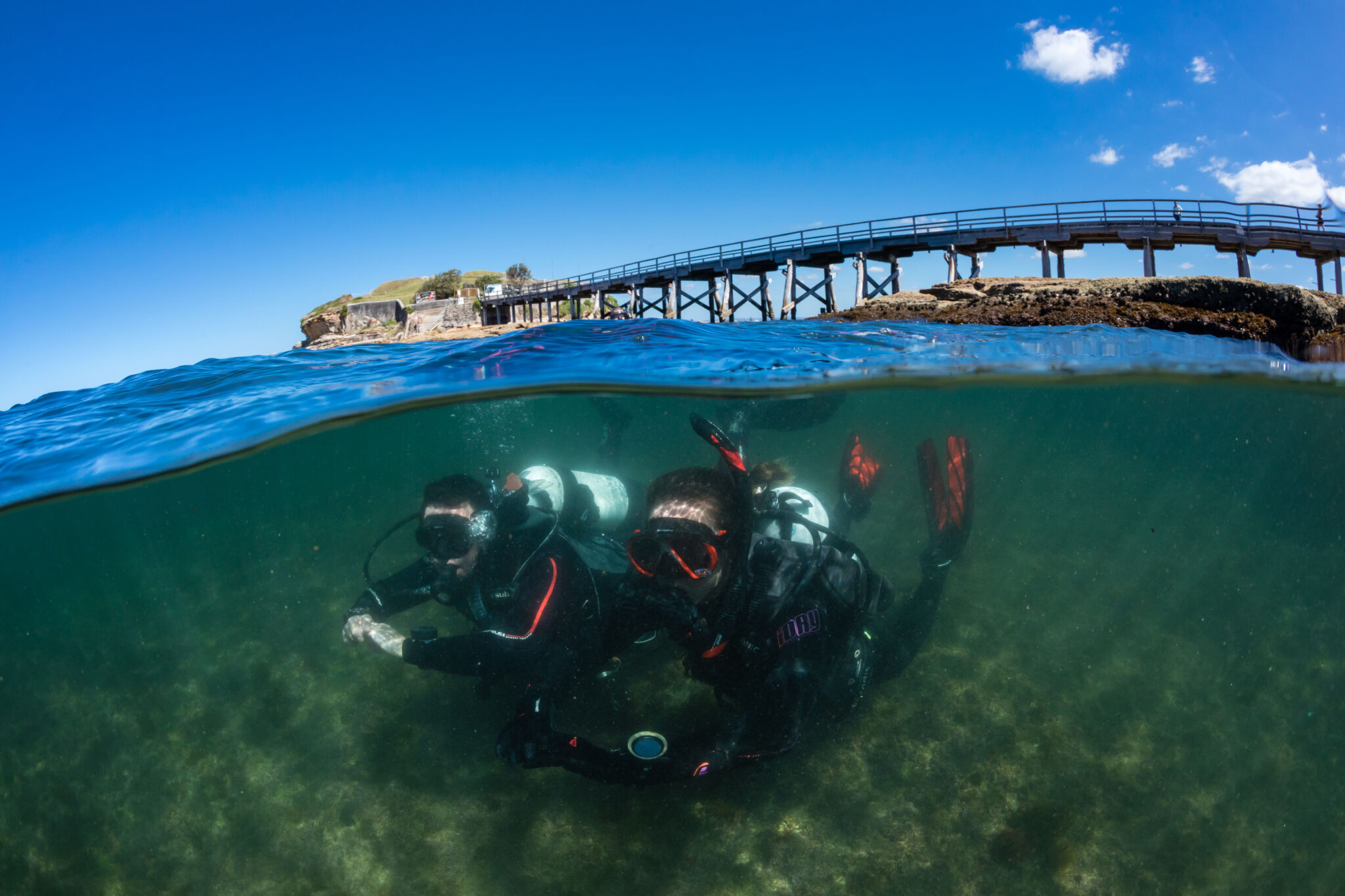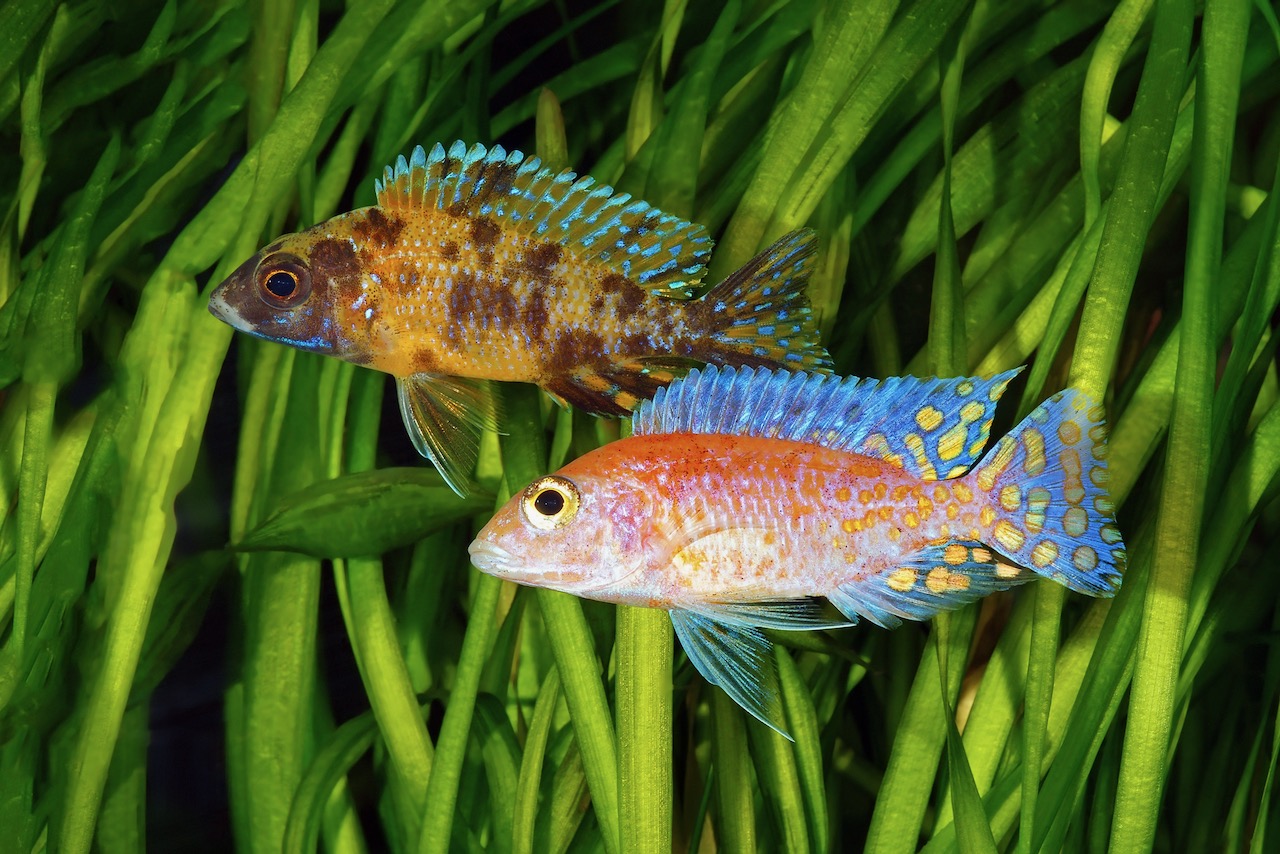As a general rule, dive gear should be serviced every year or every 100 dives, whichever comes sooner. Don’t skip the annual service, even if you only dive once or twice a year. Divers Alert Network (DAN) publishes an annual report about dive accidents, and every year approximately 11% of incidents are caused by equipment failure — often because the dive gear wasn’t properly maintained.
We may be biased, but exploring the underwater world is the most fun experience on the planet. Even so, we, as scuba divers, need to follow a few rules that will keep us safe and make sure ensure that the only surprises we encounter are good ones.
Learning to dive can be a life-changing decision. Not only does scuba diving offer an escape from the everyday, above-the-surface world, it invites you to discover a completely new one – a world filled with marine marvels, like colorful coral reefs, sunken ships and megafauna that will take your breath away.
At 11,390 square miles (30,000 square kilometers), Lake Malawi in Africa is one of the largest and deepest lakes on the planet, but that’s not the superlative I want to focus on below. What intrigued me most: Lake Malawi is among the world’s most biodiverse freshwater bodies, and night diving is the best time to see the action. After dark, divers watch as dolphin fish dart between car-sized boulders to hunt the East African lake’s famous and evolutionarily marvelous cichlids. The tiny fish, which have been compared to Darwin’s finches, evolved from one to at least 800 species in the last 750,000 years. To see them, and their periwinkle dolphin-fish predators, dive into Lake Malawi, one of the world’s most biodiverse lakes, at night.
